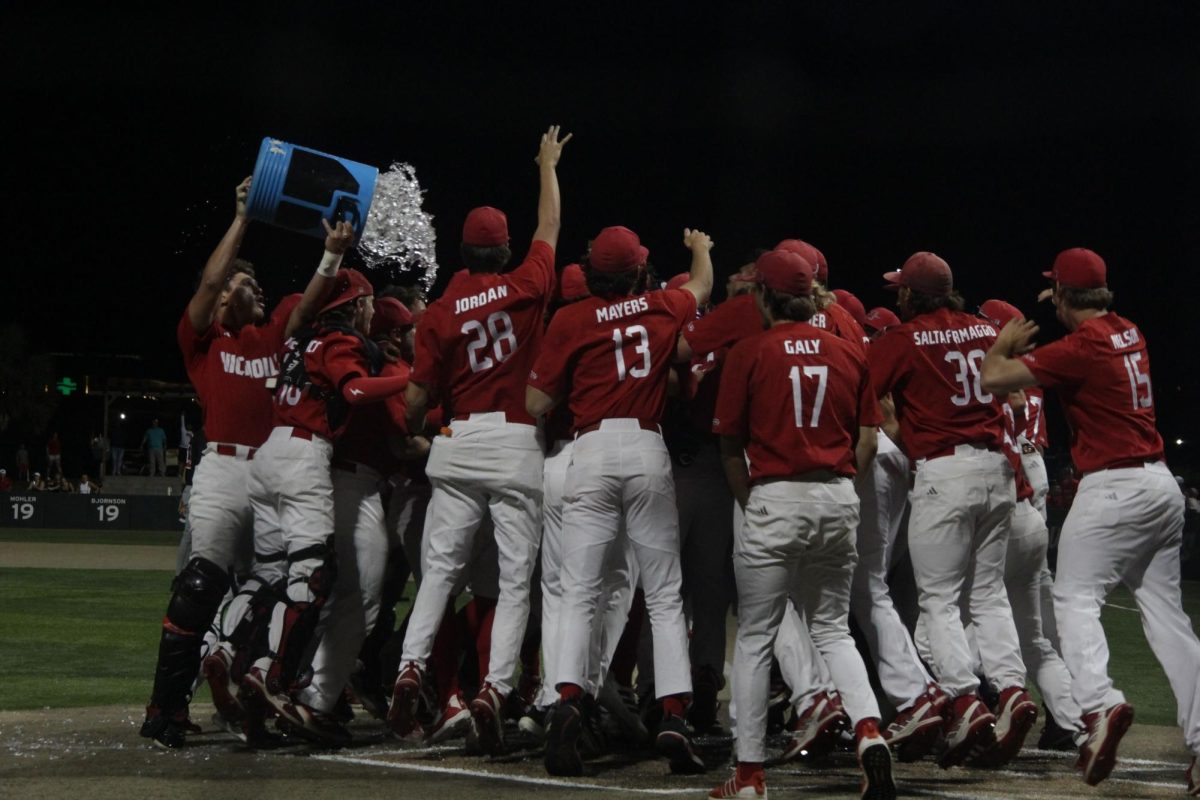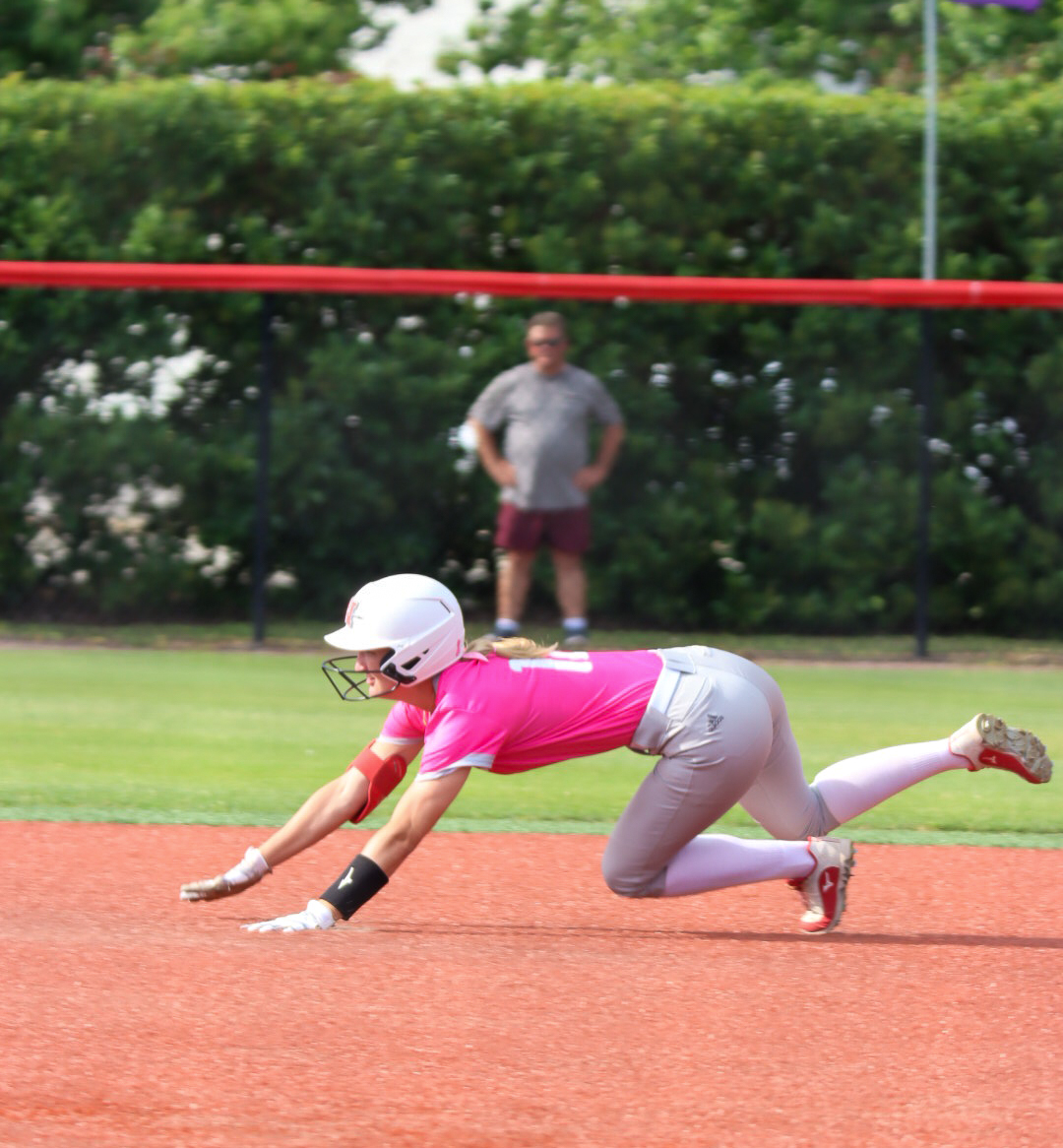Parents warn of the dangers of spring break. Law enforcement in popular spring break locales always spends time gearing up for the college students who will arrive by the thousands. Even the instructor of the last class before spring break usually gives a warning to be safe and not do anything crazy. But listening to elders is not usually what is on the mind of spring breakers.No matter how excited college students are, it is important they use common sense to ensure an enjoyable trip and a safe return, especially if it is to an international location.
The Bureau of Consular Affairs maintains that the most important thing students, or any Americans traveling out of the country, should do is register their trip with the U.S. Consulate. The registration process can be completed at travelregistration.state.gov and takes about 10 minutes.
Registering your itinerary with the Bureau of Consular Affairs makes it easier to locate travelers during an emergency.
The U.S. Consulate also warns of consuming alcohol on vacation because the strength of alcoholic beverages in other countries can be different than in the United States, and alcohol is involved with the majority of arrests and accidents by students during spring break.
The American Medical Association is sending out warnings to students, especially women, about the dangers of spring break partying. They recently released a report calling attention to underage drinking among women. J. Edward Hill, AMA’s president, told the Associated Press recently that female bodies process alcohol differently, which puts them at greater risk of health problems.
The results of an online survey, which queried a nationwide random sample of 744 college women or graduates ages 17 to 35, were released with the AMA report. Eighty-three percent of those surveyed said spring break involves heavier-than-usual drinking, and 74 percent said the trips result in increased sexual activity.
“When I think of spring break, I think of the beach and parties and alcohol,” Jordan Hotard, English junior from Berwick, said. “I have never been, but that is what I have heard.”
The survey revealed that 30 percent said spring break trips with sun and alcohol are an essential part of college life. Also, 74 percent said women use spring break drinking as an excuse for “outrageous” behavior that the AMA said could include public nudity and dancing on tables.
In the survey 27 percent of those polled said they had attended a college spring break trip at some time. Not all that attended said they had a wonderful, unregretful time.
Of that 27 percent more than half said they regretted getting sick from drinking on the trip. About 40 percent said they regretted passing out or not remembering what they did. Thirteen percent said they had sexual activity with more than one partner. Ten percent said they regretted engaging in public or group sexual activities.
“I have done some stupid things when I got drunk on just a regular weekend,” Bethany Williams, psychology senior from Morgan City, said. “It could be 10 times worse on spring break.”
The AMA suggested “alternative” spring break activities, such as service trips, as a way to have an enjoyable spring break without regrets.
“I really don’t participate in the drinking and partying,” Kelli Usey, art junior from Belle Chasse, said. “If I do anything I will be going home to help my parents. They still have a lot of damage from the storm.”
The Bureau of Consular Affairs also said that spring break dangers should not be overlooked when traveling in the United States. One important precaution they suggest is reading the fine print of a waiver form before participating in any type of motorized activity, which includes parasailing and jet skiing. Seeing a copy of the operator’s business license and asking about the operator’s medical and liability insurance coverage in the event of an accident is also a suggestion of the Bureau of Consular Affairs. In addition, spring breakers should physically inspect the equipment themselves and insist on safety training.
Tourists will be in charge of insurance if they participate in something that has any type of inherent danger, including the use of motorized vehicles. Many companies that provide motorized vehicles for tourists do not have insurance. When participants sign a waiver, they are taking responsibility for any accidents.


![Assistant coach Cody Livingston [#53] talking with pitcher Nico Saltaformaggio [#38] on the mound(5/12).](https://thenichollsworth.com/wp-content/uploads/2024/05/LivingstonNicoHuddle-vs-Lamar-1200x800.jpg)




